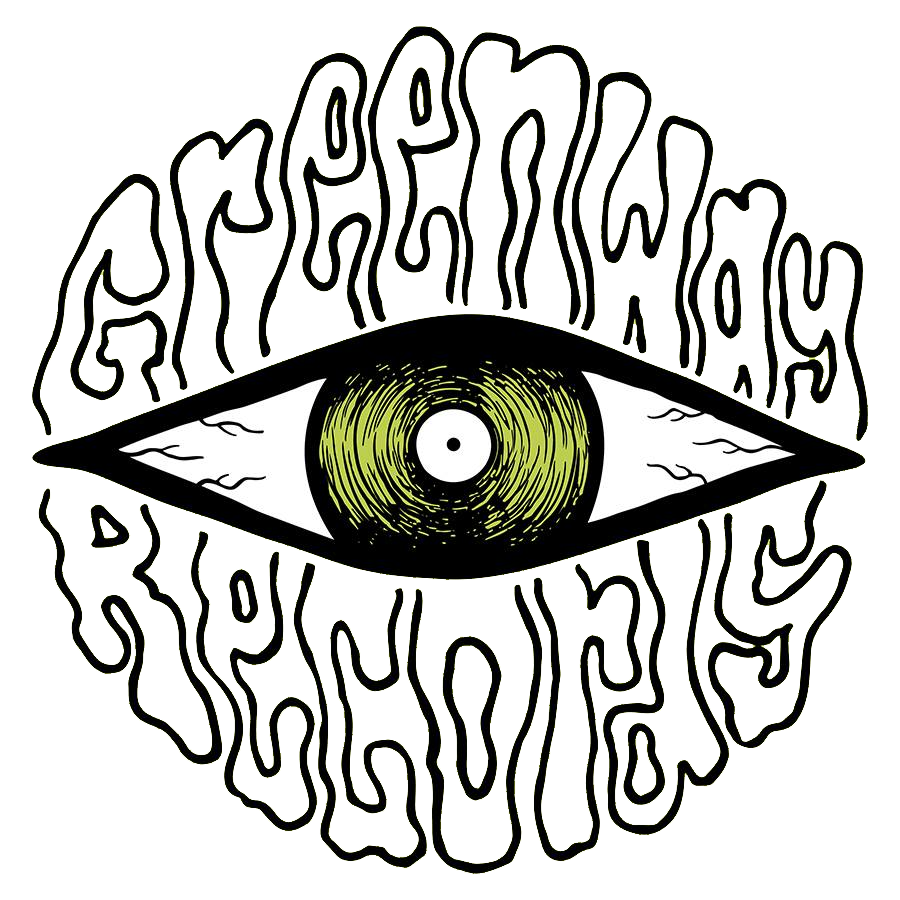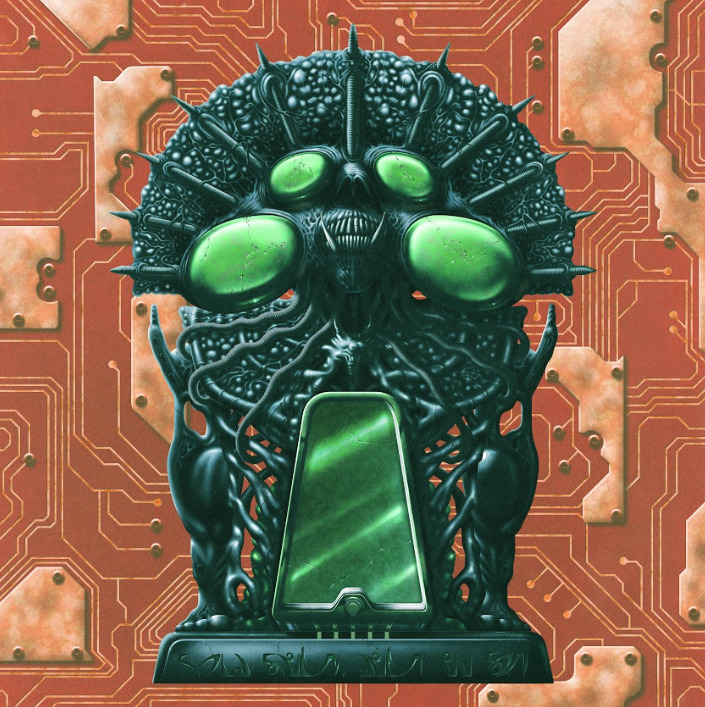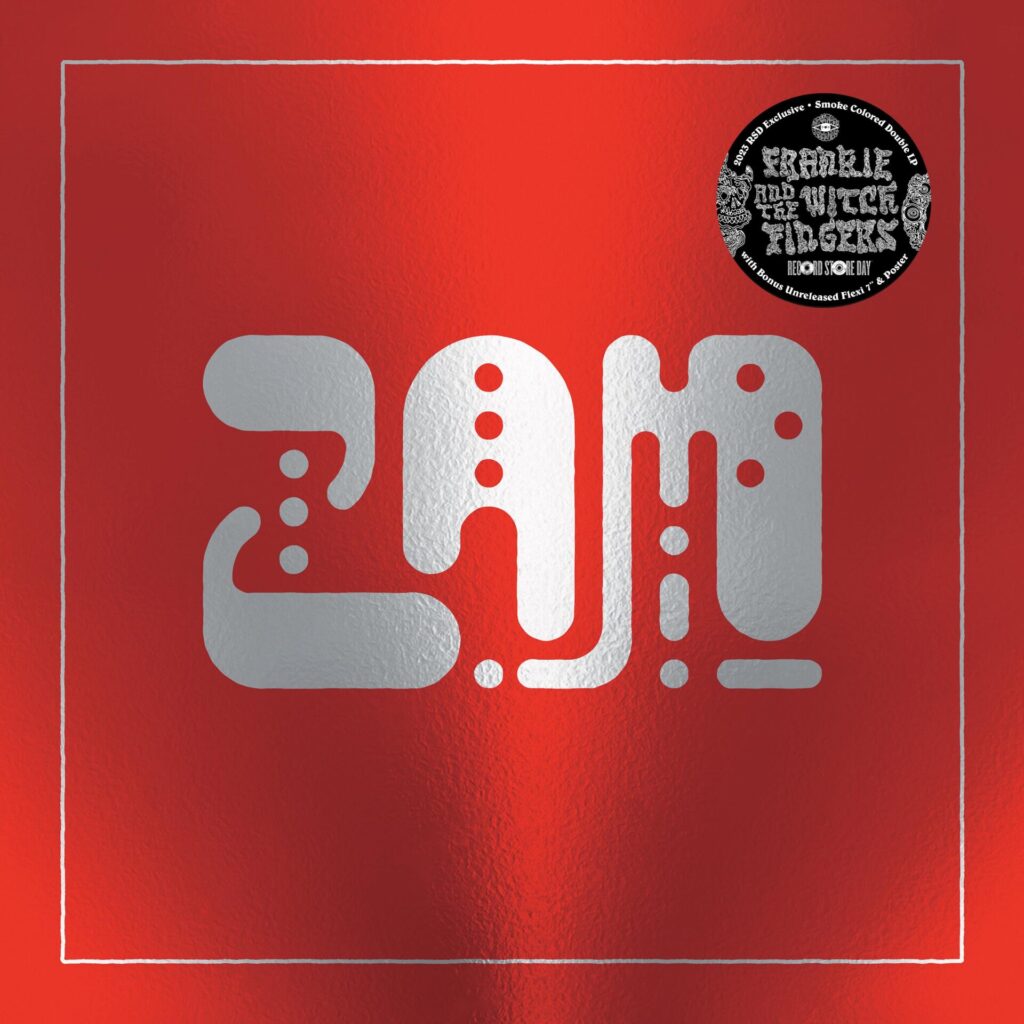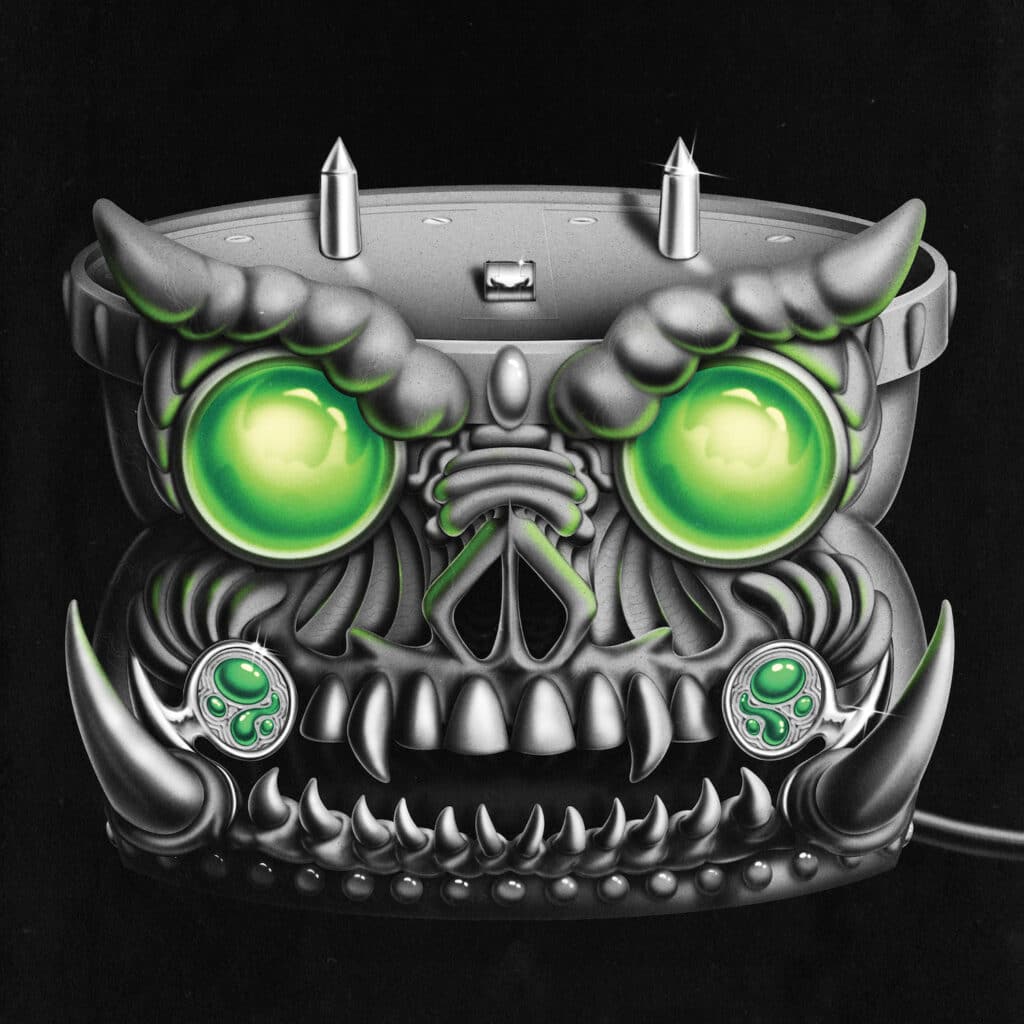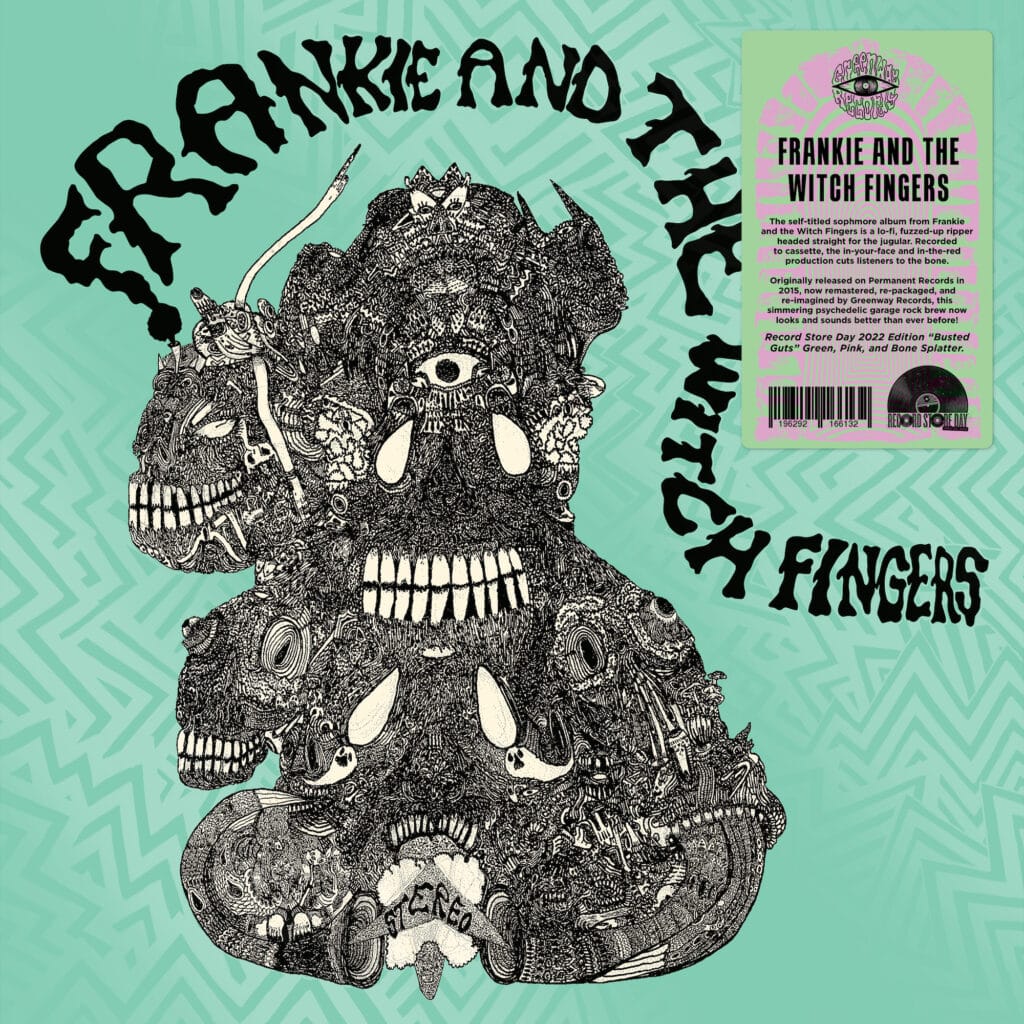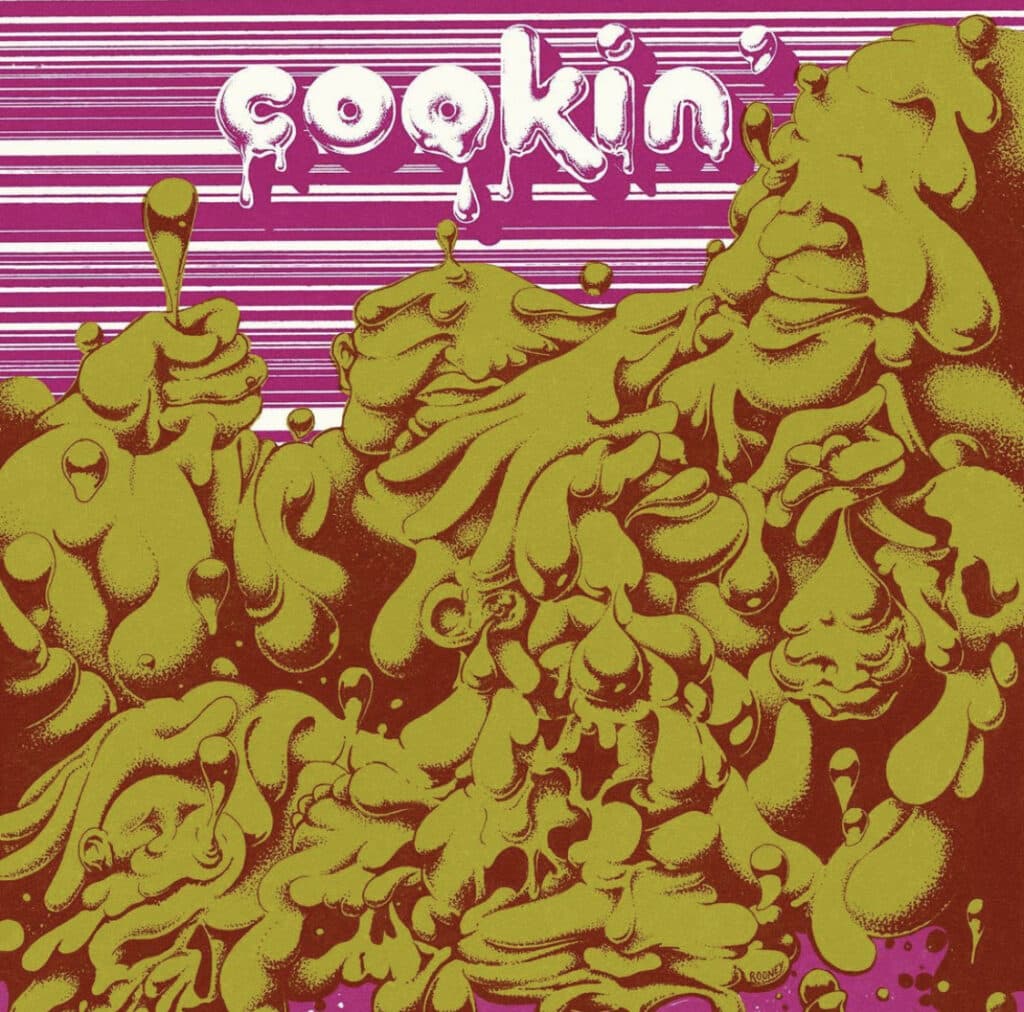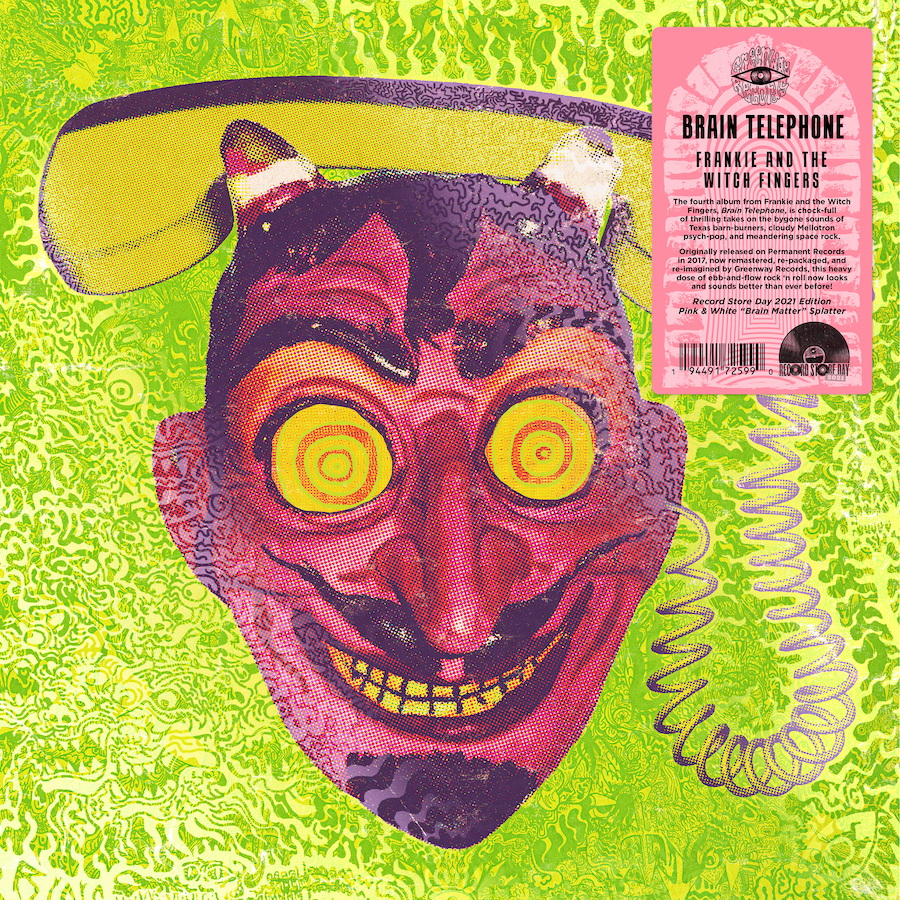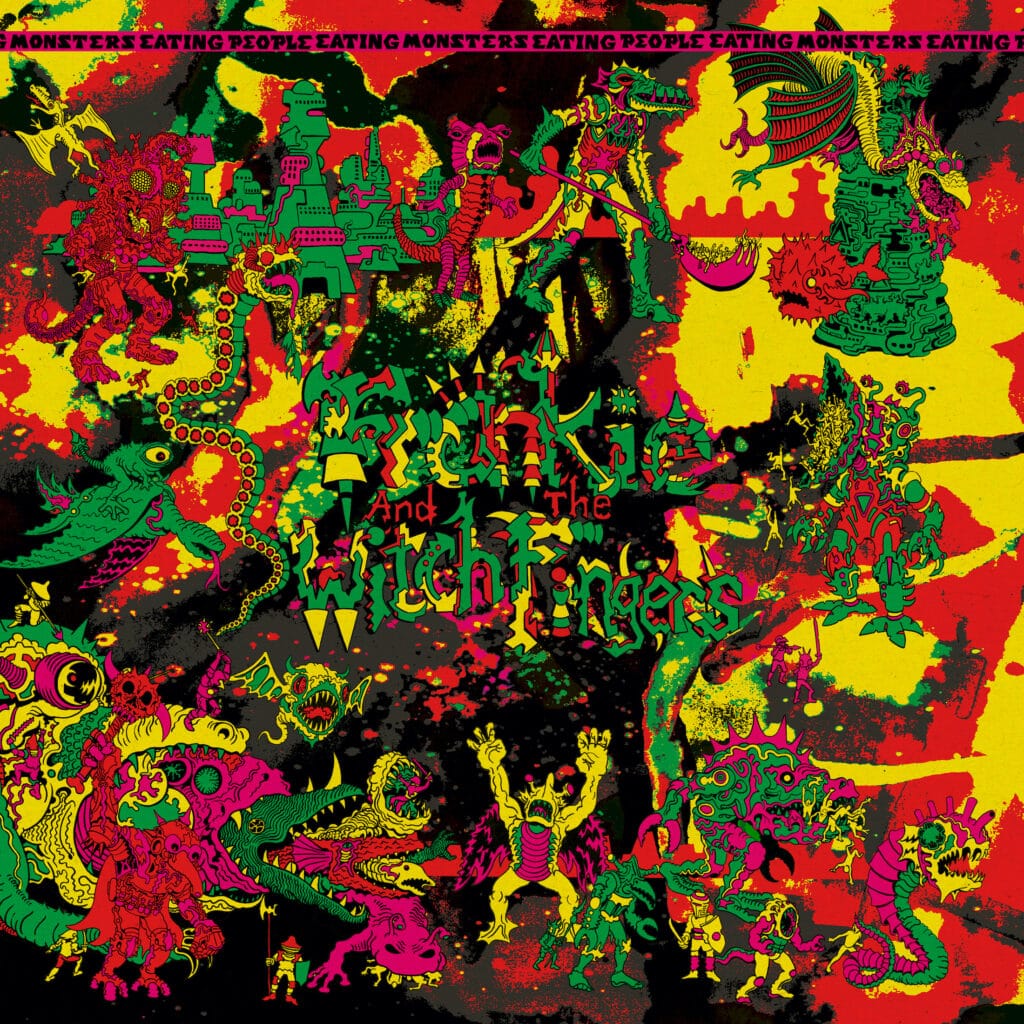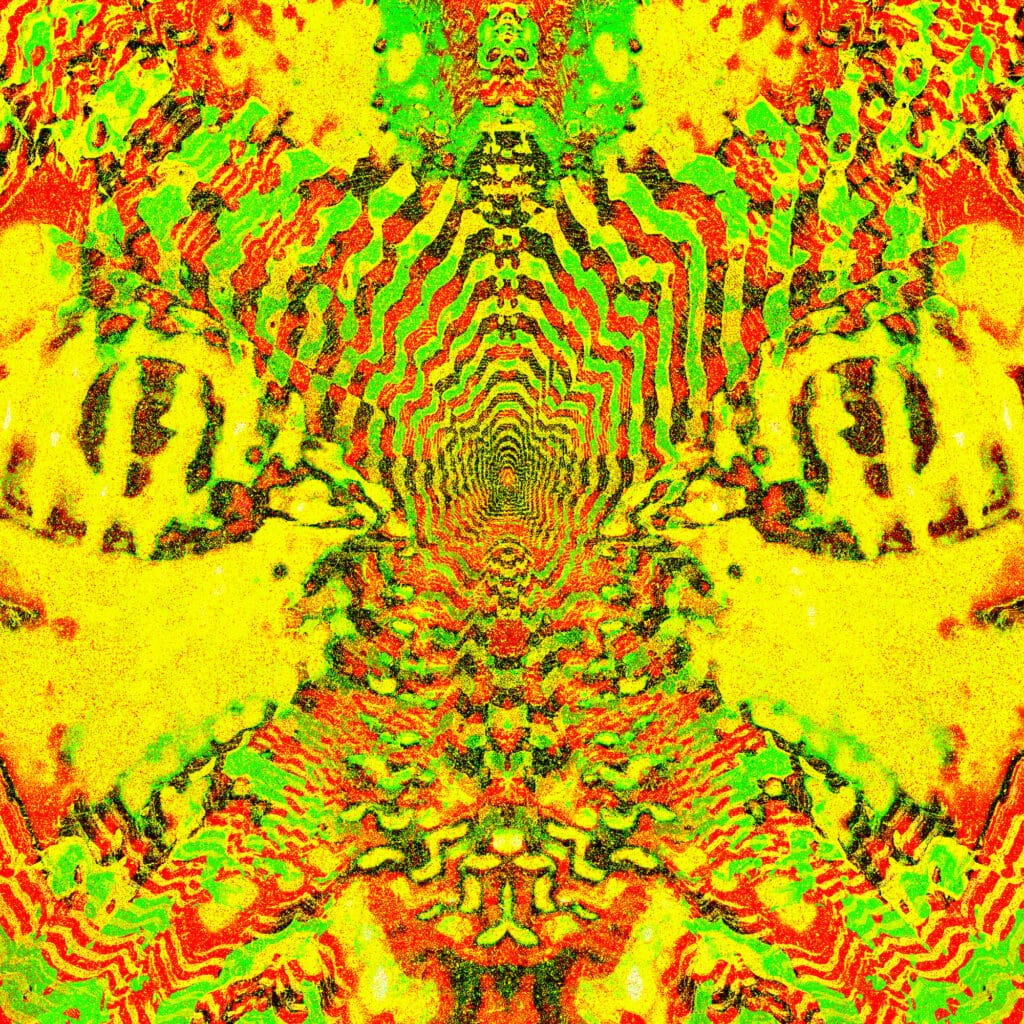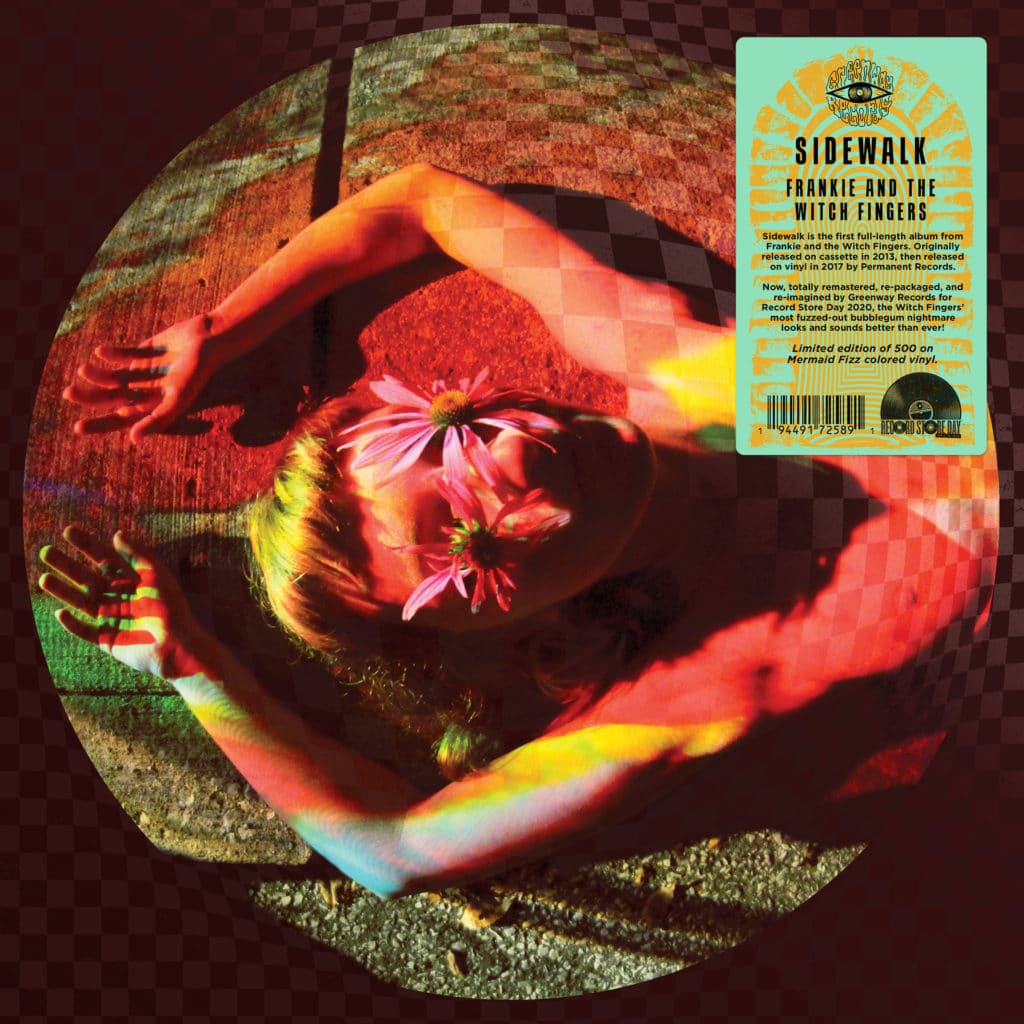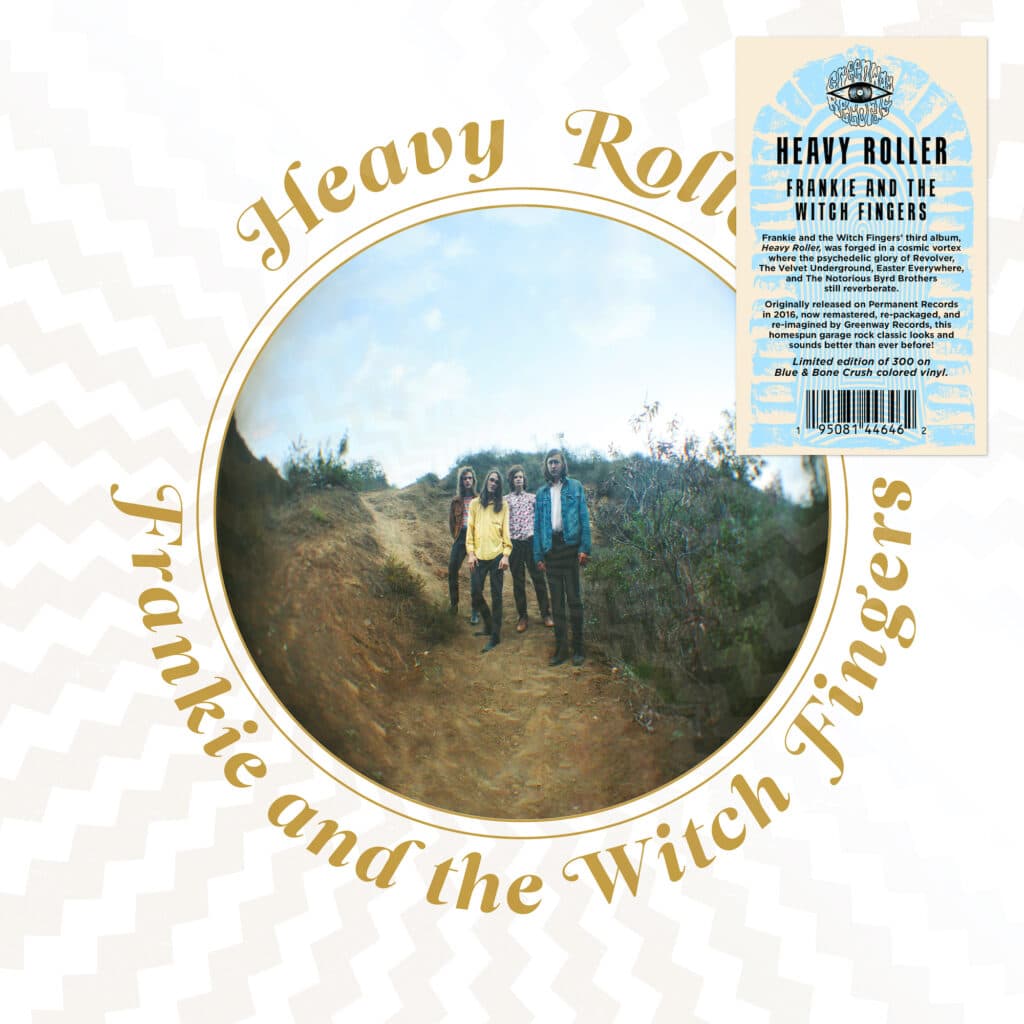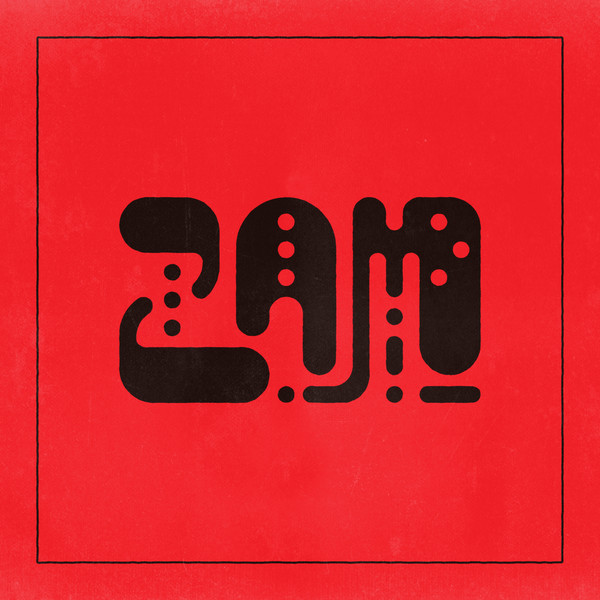Frankie and the Witch Fingers
Bio:
Over the past decade Frankie and the Witch Fingers have operated as an outright force of nature, offering up a revelatory form of psych-rock that hits on both a primal and ecstatically mind-bending level. In the making of their new album Data Doom, the Los Angeles-based four-piece forged a sublimely galvanizing sound informed by their love of Afrobeat and proto-punk—a potent vessel for their frenetic meditations on technological change run rampant, encroaching fascism, and corrosive systems of power. Animated by the explosive energy they’ve brought to the stage in sharing bills with such eclectic acts as Ty Segall and ZZ Top, the result is a major leap forward for one of the most adventurous and forward-thinking bands working today.
Rooted in the cerebral yet viscerally commanding songwriting of co-founders Dylan Sizemore (vocals, guitar) and Josh Menashe (lead guitar, synth), Data Doom marks the first Frankie and the Witch Fingers album created with bassist Nikki “Pickle” Smith (formerly of Death Valley Girls) and drummer Nick Aguilar (previously a touring drummer for punk legend Mike Watt). In crafting their most rhythmically complex work to date, the band drew heavily from each new member’s distinct sensibilities: Smith tapped into her extensive background in West African drumming (an art form she first discovered thanks to her music-instructor parents), while Aguilar leaned into formative influences like longtime Fela Kuti drummer Tony Allen. Self-produced by the DIY-minded band and recorded direct to tape by Menashe, Data Doom ultimately took shape through countless sessions in their Southeast L.A. rehearsal space, with Frankie and the Witch Fingers allowing themselves unlimited time to explore their most magnificently strange impulses.
Once again showcasing the expansive and fantastically eccentric musicality of past efforts like 2020’s Monsters Eating People Eating Monsters..., Data Doom encompasses nine high-wattage songs constructed with both dizzying intricacy and unfettered imagination. On “Mild Davis,” for instance, the band shares a gloriously spaced-out track inspired by a piece from Miles Davis’s early-’70s electric period, cycling through a vast whirlwind of rhythms and textures and wildly spellbinding guitar parts. “We worked on that for two weeks straight, puzzle-piecing together different parts into one very weird and stream-of-consciousness song that’s mostly in a 7/4 time signature,” Menashe recalls. Meanwhile, Sizemore’s lyrics shift between savagely despairing the state of the world and resolutely dreaming of a brighter future. “I wrote the lyrics to ‘Mild Davis' in a moment of feeling pessimistic about what technology is doing to our society, especially as AI is creeping to the forefront more and more,” says Sizemore. “But then the bridge comes from a more optimistic perspective, where it’s questioning whether we could reboot the whole system and start all over.”
After opening on the epic majesty of “Empire,” Data Doom launches into the first song the band’s new lineup wrote together: “Burn Me Down,” an irresistibly jittery track that perfectly encapsulates the album’s transcendent collision of blistering riffs and polyrhythmic grooves. On “Electricide,” Frankie and the Witch Fingers unleash the LP’s most unabashedly punk offering, a bombastic rallying cry built on Aguilar’s breakneck drumming. One of several songs featuring Menashe on sax, “Syster System” slips into a hypnotically fluid tempo as Frankie and the Witch Fingers muse on the possibilities of partnership culture (a concept introduced by futurist Riane Eisler in her seminal book The Chalice and the Blade). “Riane Eisler talks about how our society has a very masculine energy that manifests as the need to exert power, which she refers to as dominator culture,” Sizemore explains. “The alternative to that is partnership culture, which has a feminine energy that’s more symbiotic with nature. The idea behind ‘Syster System’ is that if we could bring that energy into technology, it could help make everything more harmonious.” And on “Political Cannibalism,” Data Doom closes out with a dance-ready anti-anthem stacked with so many loopy details, such as a warped and otherworldly guitar part Menashe spontaneously composed in an attic in France.
To create the cover art for Data Doom (a co-release from Greenway Records and The Reverberation Appreciation Society), Frankie and the Witch Fingers reached out to Italian illustrator Carlo Schievano and UK-based graphic designer Jordan Warren, who then joined forces in assembling an elaborate mixed-media piece complete with its own language system and accompanying decoder. “It was really fascinating to see two different artistic voices working together to make something so unique, with all these hidden elements for people to figure out,” says Smith. Not only an echo of the album’s endlessly immersive quality, Data Doom’s visual component reflects the band’s devotion to unbridled collaboration in all aspects of the creative process. “There was no pressure and no real time constraint for this record, and because of that the creativity flowed in a very free way that probably wouldn’t have happened if we’d been on the clock in a studio,” says Sizemore. “It showed us that the more we take the time to communicate and share our ideas with each other, the more it feeds our creative energy and helps us to make something we’re all really excited about.”
